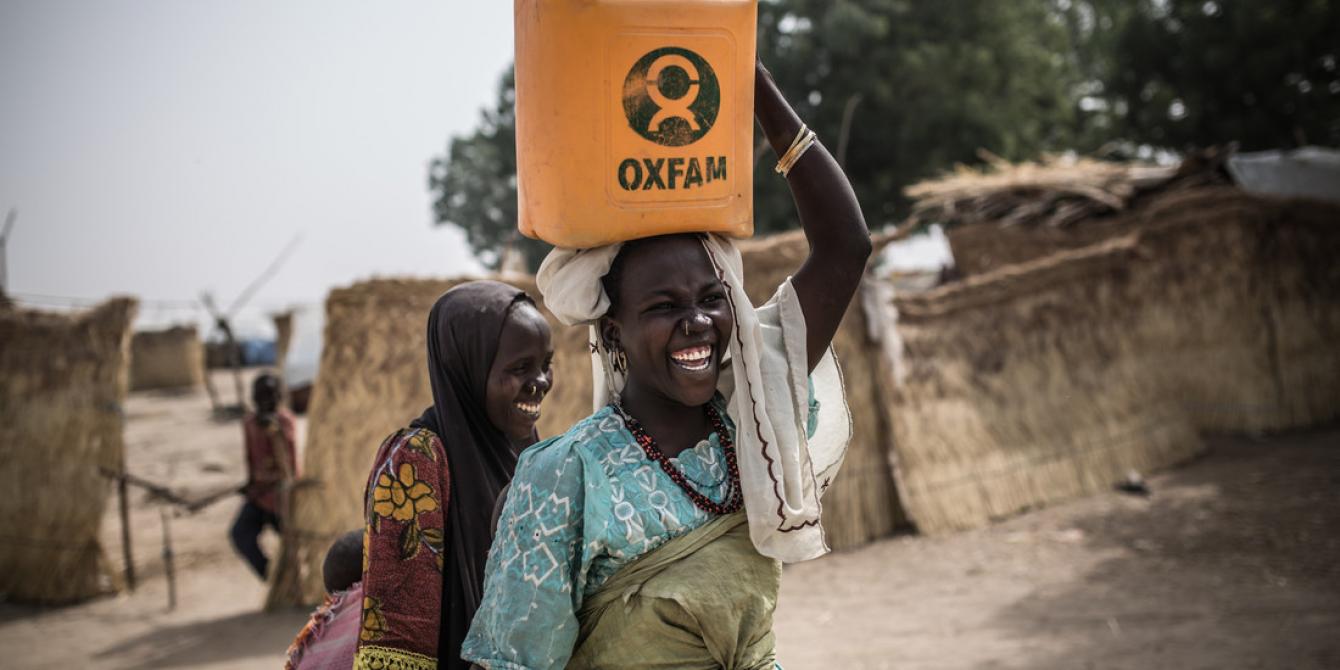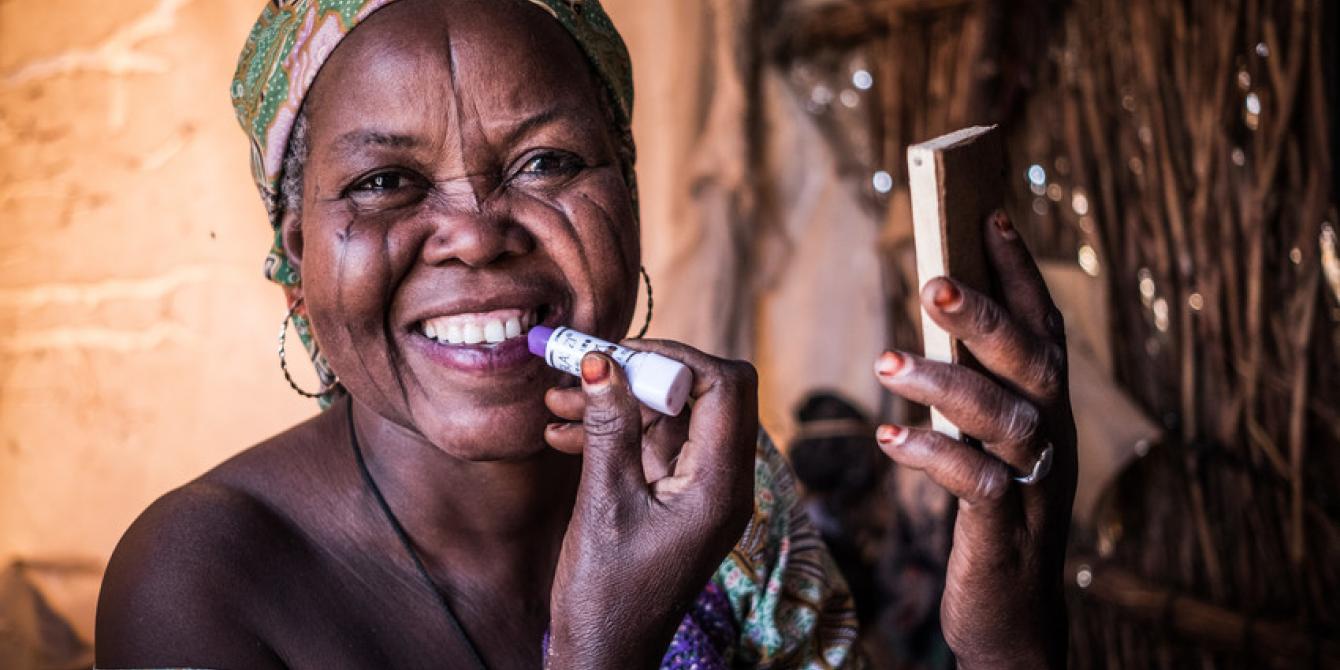What we do

West Africa, a region full of potential that faces enormous challenges
West Africa remains one of the poorest regions in the world where inequalities are growing and crises are increasingly complex and recurrent.
We work directly with more than 1.6 million people, especially women, through hundreds of local and regional partners.
Together, we tackle many challenges, such as:
- 7 of the 10 poorest countries in the world: Central African Republic, Chad, Burkina Faso, Niger, Sierra Leone, Liberia and Mali[1];
- governments are the least engaged in addressing inequalities across the continent[2];
- agriculture that remains underperforming, under-protected, vulnerable to climatic hazards and of which 60% of the workforce depends on it;
- an inefficient and unfair system of taxation in which the richest have the lowest income tax as a percentage of Gross Domestic Product (GDP) in the world;
- 3 major humanitarian crises that devastate 7 countries: in the Sahel (Mali, Burkina Faso, Niger), in the Lake Chad Basin (Nigeria, Niger, Chad, Cameroon), and the Central African Republic;
- per capita emissions of carbon dioxide in the Sahel are approximately 6 times below the world average, yet: in 2017, Niger and Chad were the 2nd and 4th most vulnerable countries to climate change-related impacts[3] and Sierra Leone was the 8th hardest-hit country by extreme weather events[4]
To carry out our mission in the region, we capitalize on its potential:
- 6 of the 10 most dynamic economies in Africa: Côte d'Ivoire, Senegal, Ghana, Burkina Faso, Benin and Niger [5]
- the youngest population in the world: 76% of the population is under 25[6];
- abundant natural resources for the world we live in and that can drastically reduce poverty if they are better managed;
- a digital revolution at an exponential rate: 100 million active mobile accounts in 2017[7];
- strong regional integration and increased cooperation between states, compared to other regional blocs.
Our priorities
From small-scale farming and sanitation to getting more employment for women, we’re experts in transforming the goodwill and commitment of people who care to donate into immediate, effective and lasting change for people feeling the daily pain of poverty.
We take on the issues that keep people poor, such as inequality, climate change, food justice, land rights and discrimination against women. And we make sure that local voices are heard, no matter how remote, supporting their calls for justice and fairness with the full force of our worldwide network.
We respond to a humanitarian crisis by saving lives in emergencies and staying long to help people come back stronger.
The combination of grassroots action and global influence enables people living with poverty to take control and change their lives, livelihoods and communities for good.
[1] United Nations Development Programme, Human Development Index, 2018. [2] Oxfam, The Commitment to Reducing Inequality Index, 2019. [3] Notre-Dame Global Adaptation Initiative, ND-GAIN country index, 2017. [4] Germanwatch, Global Climate Risk Index, 2019. [5] IMF, 2018 [6] United Nations Population Fund, State of World Population, 2017. [7] McKinsey Global Institute, 2017.









 Follow us on Facebook
Follow us on Facebook Our videos on YouTube
Our videos on YouTube Follow us on Twitter
Follow us on Twitter